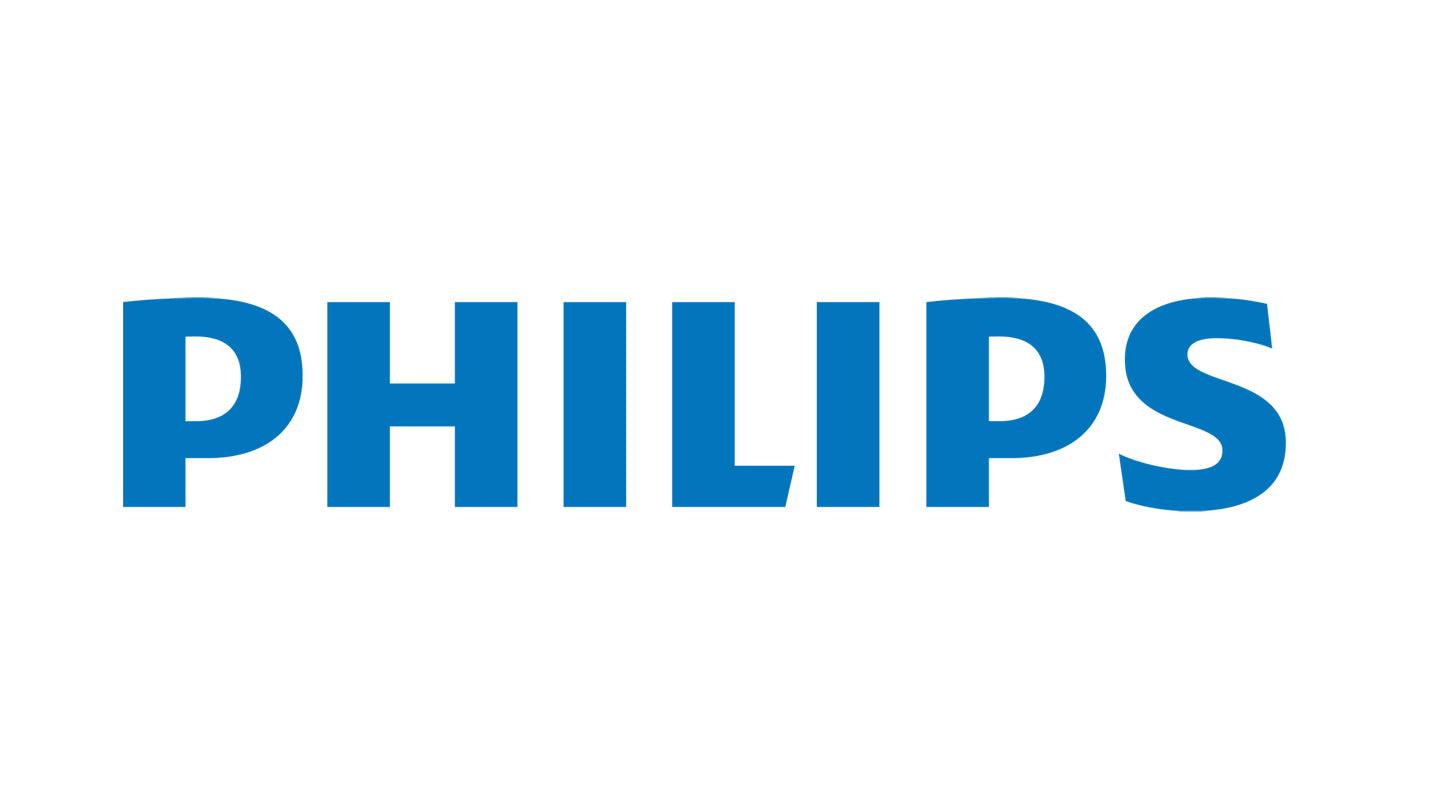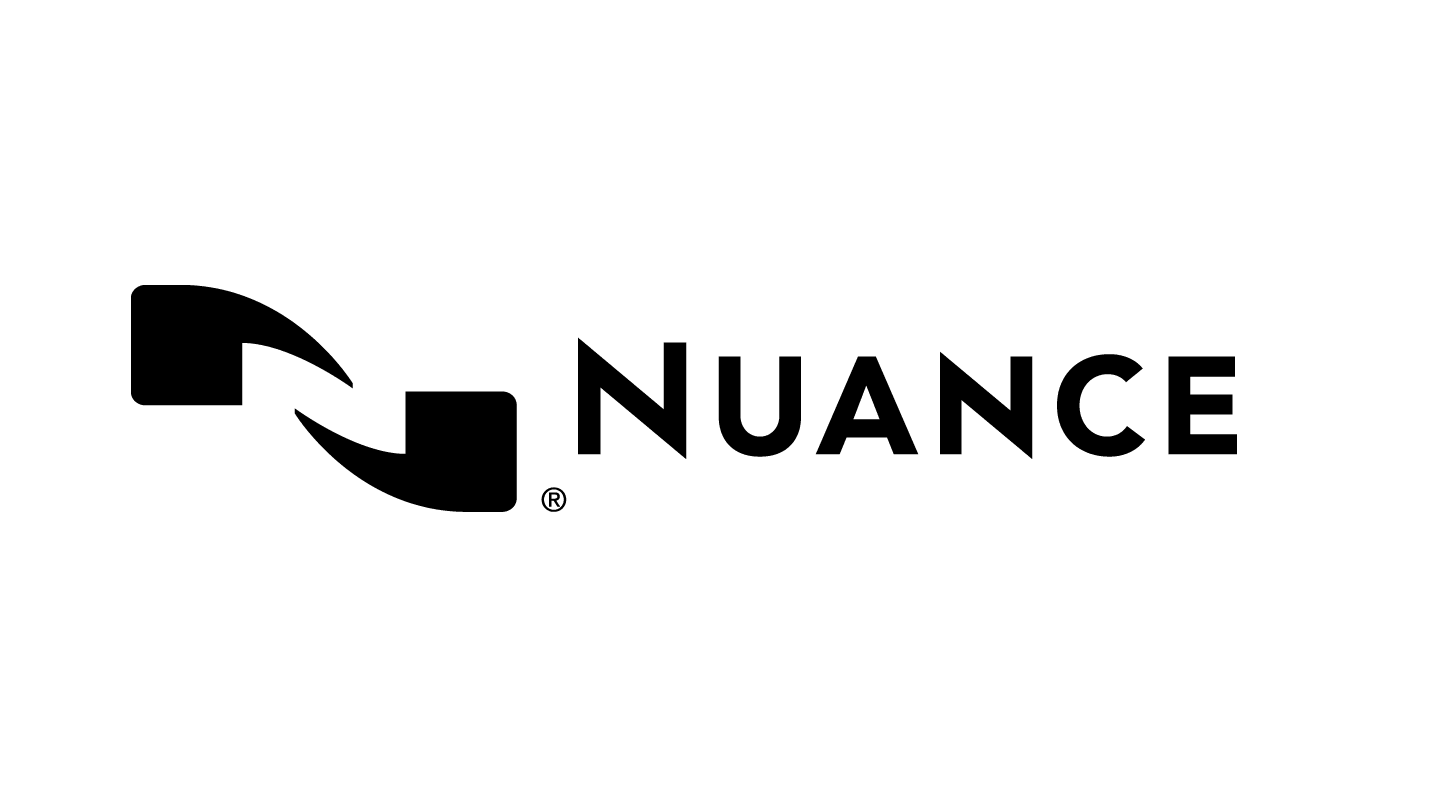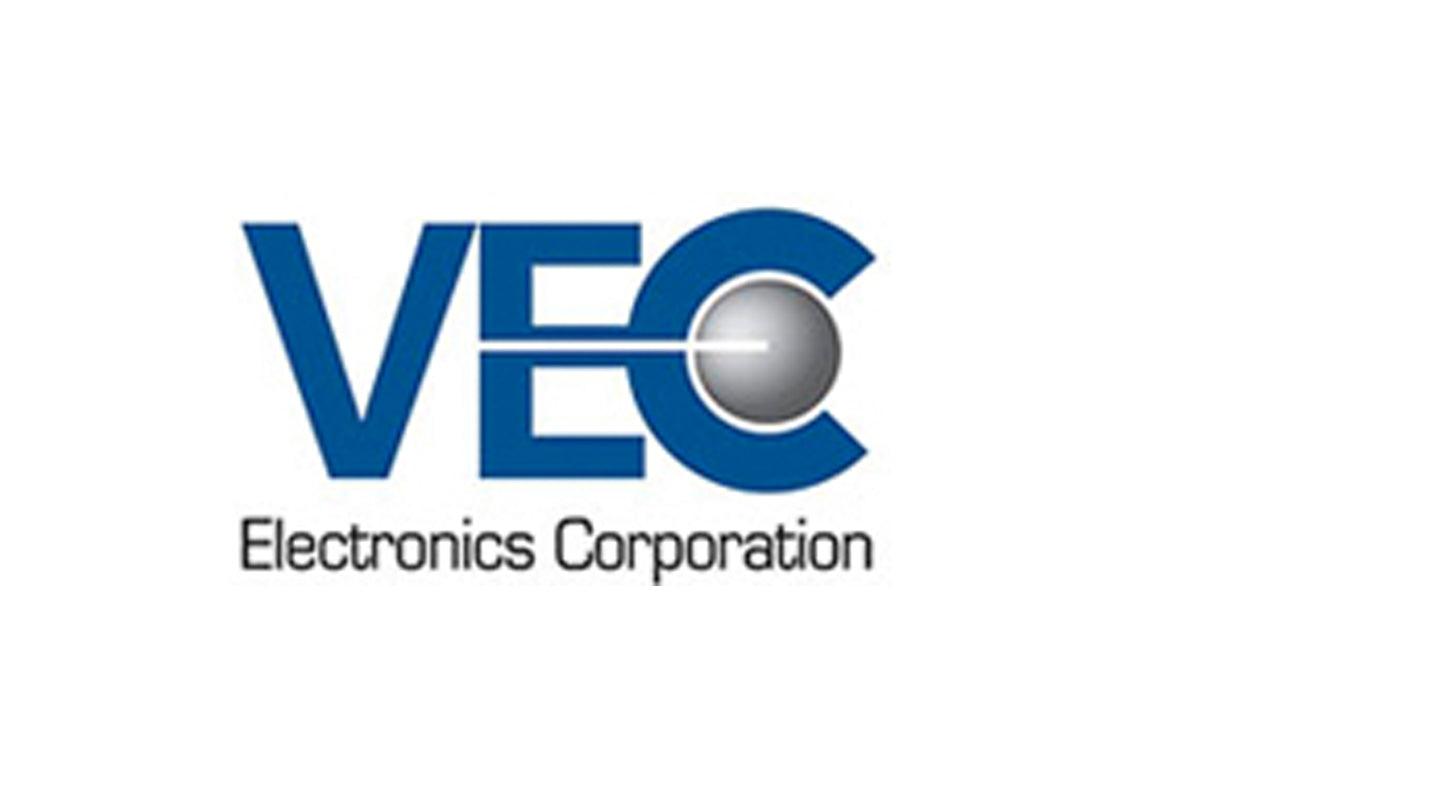
Choosing The Right Audio Recorder: Digital Dictation Vs. Digital Voice Recorder
Two prominent types can be identified in audio recording devices: digital dictation recorders and digital voice recorders. Both categories have unique features and applications, leading to distinct user bases.
The former, focusing on recording speech with precise accuracy, is primarily utilized by professionals requiring exact transcriptions, such as lawyers and doctors.
The latter, concentrating on superior sound quality, is utilized for recording a range of audio, from interviews to live music.
The choice between the two depends on an individual's particular audio recording and transcription requirements.
This article aims to facilitate this decision-making process by delineating the devices, comparing key features, discussing ideal user scenarios, examining software and file management aspects, and providing an overview of various brands and models.
The ultimate objective is to assist in selecting the right audio recorder, be it digital dictation or voice.
Defining the Devices
Digital dictation and digital voice recorders, both types of audio recording devices, differ primarily in their intended use and features, with the former designed for capturing accurate speech for transcription and the latter offering superior sound quality suitable for recording a wide range of audio.
Specifically, digital dictation recorders focus on word recognition, making them ideal for medical practitioners or attorneys requiring precise patient visits or legal procedures records.
On the other hand, digital voice recorders, used for capturing anything from interviews to live music, prioritize sound quality through high-resolution audio recording and multi-track capability.
Thus, these devices cater to different user needs, providing optimal solutions for various audio recording applications.
Key Features Comparison
Comparing the key features of dictation and voice recorders reveals distinct advantages each type of device offers depending on the user’s requirements.
Dictation recorders, with their accuracy in word recognition and ability to eliminate background noise, are ideal for professionals requiring precise transcription. Features such as overwrite, append, and insert functions further aid efficient editing.
On the other hand, voice recorders prioritize sound quality, making them suitable for recording music or interviews. Despite lacking advanced editing features, they offer high-resolution audio and the ability to record multiple tracks.
Both types of devices boast professional-grade microphones and built-in memory but differ in the file formats used for storage, with dictation recorders utilizing DSS and DS2, while voice recorders commonly use WAV and MP3.
Ideal User Scenarios
Understanding the ideal use scenarios for each type of recording device can assist in determining which is most suitable for a specific context or user needs.
Digital dictation recorders are primarily used by professionals such as physicians and attorneys who need precise transcriptions of their dictations. The high-quality audio recording and advanced editing features make these devices ideal for creating accurate records of patient visits or legal proceedings.
On the other hand, digital voice recorders are versatile and can capture any audio, from interviews to live music performances. Journalists, musicians, and students often use these devices because of their superior sound quality and ability to record in diverse environments.
The specific recording requirements of the user should therefore guide the selection of either device.
Software and File Management
Both recording devices offer unique advantages and capabilities in software and file management. Digital dictation recorders work seamlessly with dictation software and utilize file formats like DSS and DS2, designed to store and transfer high-quality audio files. These recorders also have features like Append, Overwrite, and Insert functions that facilitate efficient editing and transcription.
On the other hand, digital voice recorders store audio files in common formats like WAV and MP3, which are universally compatible. These devices may also have smartphone apps for remote control and file management. Whether a user needs to dictate legal documents or record a live concert, the right choice of a recorder will depend on the specific software and file management requirements.
Brands and Models Overview
Several well-known manufacturers offer a range of models for both dictation and voice recording devices, each with distinct features and capabilities.
Brands such as Philips and Olympus are recognized for their superior digital dictation recorders, which are highly regarded for their professional-grade microphones, in-built memory, and high-definition recording. Notable models include the Philips DPM-8000 Professional Digital Pocket Memo and the Olympus DS-9000 Professional Dictation Recorder.
On the other hand, Sony is renowned for its digital voice recorders, known for their exceptional sound recording and playback features. The Sony ICD-PX470 is a popular example.
In conclusion, a digital dictation recorder is a must-have tool for anyone who needs to record high-quality audio and human speech. With its advanced features and ease of use, a digital dictation recorder will make your dictation and recording need effortless.
What are the best Digital Dictaion Recorder?
What are examples of digital recorders?
- Phlips VoiceTracer Audio Recorder DVT711
- Olympus WS 852 Digital Voice Recorder
- Sony ICDUX570
| Feature | Digital Dictation Recorder | Digital Voice Recorder |
|---|---|---|
| Purpose | To record speech for transcription | To record any type of audio, including lectures, interviews, and music |
| Accuracy in Recognizing Words | High | Varies |
| Sound Quality | High, eliminates background noise | Varies, dependent on microphone quality and noise cancelling features |
| File Format | High-quality DSS and DS2 | WAV, MP3 |
| Additional Features | Append, Overwrite, Insert functions, speech recognition software integration, docking station, rechargeable battery | Internal memory, recording time, smartphone app |
| Top Brands | Philips Speech Processing, Olympus | Sony, Philips, Olympus, an more |
In conclusion, both digital dictation recorders and digital voice recorders have their unique advantages and uses. Digital dictation recorders are more advanced and better suited for recording speech for transcription, while digital voice recorders are more versatile and can be used to capture any type of audio. When choosing between the two, consider your specific recording needs and the features that are important to you.
who is dictamic.com ?
As a leading provider of voice recognition, dictation, and transcription solutions, Dictamic is committed to delivering unmatched accuracy and precision in everything we do. Using the power of the cloud and AI, our team of experienced experts works with law firms and healthcare clinics to make custom solutions that speed up their digital dictation workflows. If you're looking for a reliable and efficient solution, look no further than Dictamic. Get in touch with us today to find out more about what we can do for you.










